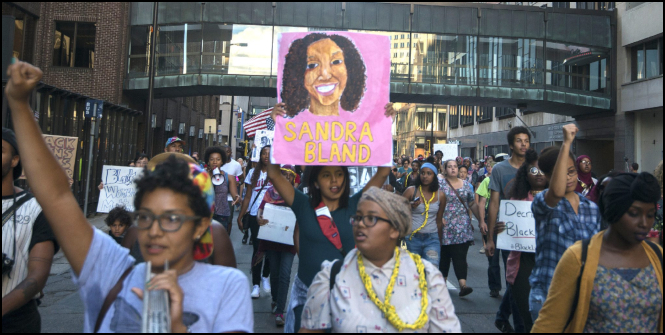In a historic move toward racial equity and restorative justice, the City of Decatur, Georgia has officially established a Reparations Task Force and issued a formal apology for its role in the systemic oppression of African Americans.
During a Monday night, May 6, public meeting, the Decatur City Commission unanimously passed a resolution to create the Decatur Reparations Task Force, a body charged with investigating the city’s history of racial harm and offering policy recommendations to address its lingering effects.
A Public Reckoning
“The City of Decatur formally acknowledges its past role in the systemic oppression of people of African descent through enslavement, human trafficking, convict labor, discriminatory zoning and development, underinvestment in African American communities, school segregation, racially biased policing, the destruction of African American-owned property, businesses, and institutions, and the displacement and erasure of the Beacon Hill community, people, and culture,” the resolution states.
The city also issued a full and public apology to Black residents — past and present — and their descendants, for the injustices and policies rooted in white supremacy that caused lasting damage to the community.
A Comprehensive Plan for Reparative Action

Over the next 60 days, the city will appoint between seven and eleven task force members, including legal experts, historians, youth representatives, and community leaders. These members will be nominated by the Beacon Hill Black Alliance for Human Rights, which was previously contracted by the city to research the legacy of racial injustice in Decatur.
The task force’s primary responsibilities will include:
- Documenting the loss of Black-owned land and property
- Investigating the city’s role in economic displacement and discriminatory practices
- Interviewing descendants of formerly enslaved individuals and those affected by past policies
- Proposing city-backed initiatives, including economic equity programs, memorialization projects, and community-based investments to address racial disparities
Annual reports will be issued, with a final comprehensive report expected within three years.
Context and Regional Momentum

This initiative builds on earlier reparative justice work in the region. In 2023, nearby Fulton County launched its own Reparations Task Force, though that group’s meetings have paused temporarily as members prepare a report on the impact of slavery and Jim Crow-era policies. Meetings are expected to resume in 2025.
Decatur’s commitment underscores a growing acknowledgment in local governments across the U.S. that historical injustices — from slavery to redlining — demand not only recognition but real, material response.
Looking Forward
As communities across the nation confront the legacies of racial injustice, Decatur’s new Reparations Task Force represents a significant, though long-overdue, step toward truth and reconciliation.
Whether it will serve as a model for other cities remains to be seen — but for now, Black residents in Decatur are being heard, and history is finally being addressed.
